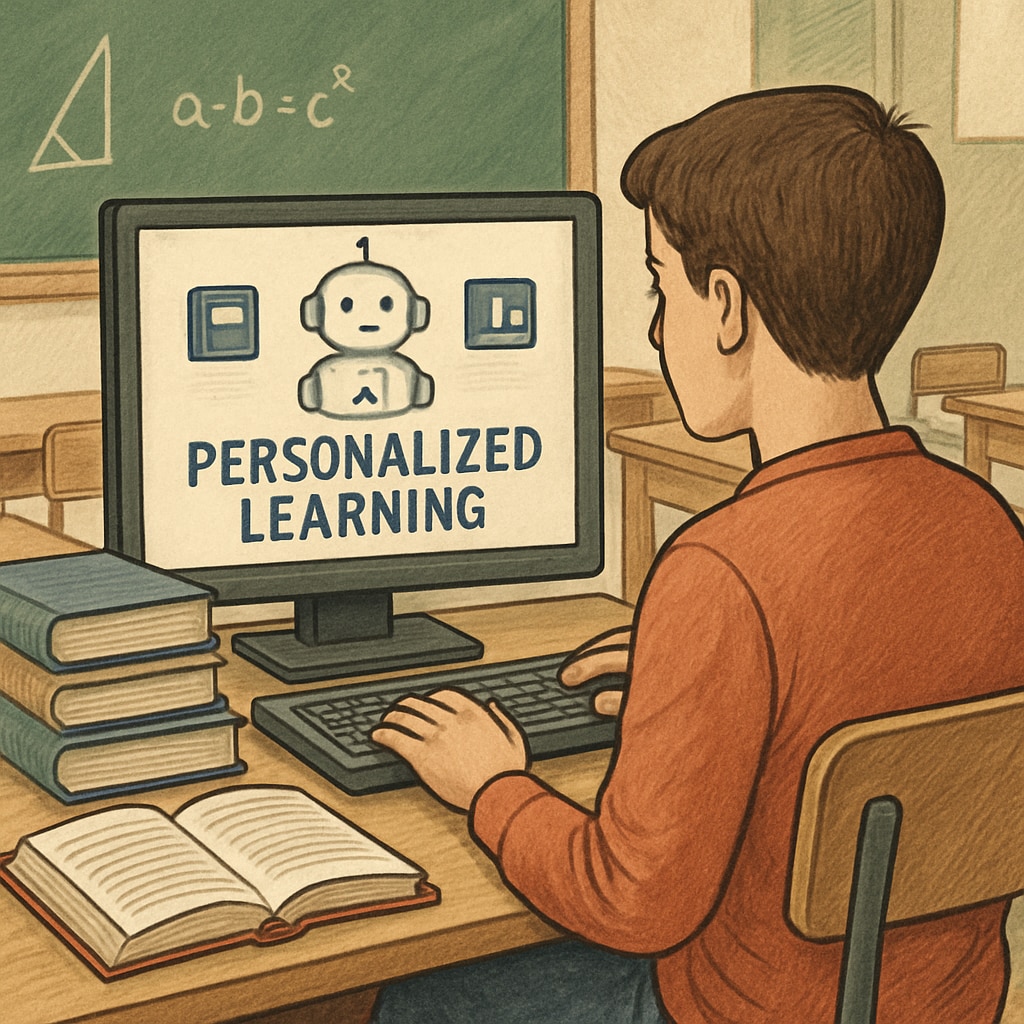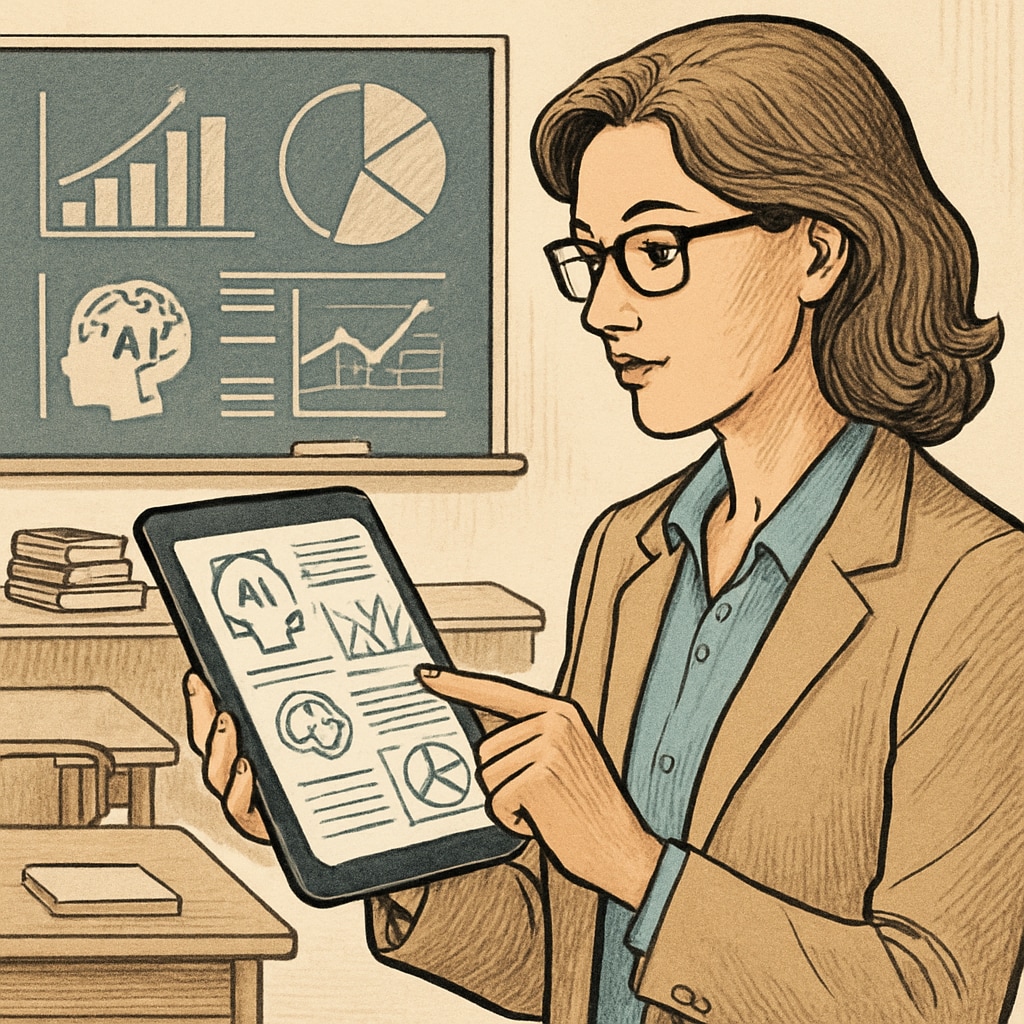Artificial intelligence (AI) is poised to redefine K-12 education, bringing profound changes to how students learn, how teachers teach, and how schools operate. The integration of AI into educational systems has the potential to address long-standing challenges such as individualized learning and equitable access to resources. Over the next 5-10 years, AI-powered tools and approaches will likely transform the landscape of school education. While the opportunities are immense, this technological shift also presents challenges that educators must navigate carefully.
Personalized Learning: Tailoring Education to Individual Needs
One of the most promising impacts of AI on K-12 education is its ability to personalize learning experiences. Traditional classrooms often struggle to meet the diverse needs of students, but AI can analyze individual learning patterns and adapt content accordingly. For example, intelligent tutoring systems can provide customized lessons, quizzes, and feedback to help students master concepts at their own pace.
Moreover, AI tools such as adaptive learning platforms can identify areas where students struggle and offer targeted support. This ensures that no student is left behind, fostering a more inclusive and effective learning environment.

The Evolving Role of Teachers in AI-Enhanced Classrooms
AI will not replace teachers but will redefine their roles. Instead of spending significant time on administrative tasks, educators can focus on higher-order responsibilities such as mentoring, fostering critical thinking, and nurturing creativity. AI can assist by automating tasks like grading and attendance tracking, freeing up time for more meaningful interactions with students.
Additionally, teachers will need to develop new skills to effectively integrate AI tools into their teaching strategies. Professional development and training will be critical to ensure that educators can maximize the potential of AI while addressing its limitations.
Redefining Assessment and Evaluation Practices
AI also has the potential to revolutionize assessment systems in schools. Traditional exams often fail to capture the full spectrum of a student’s abilities, but AI-driven analytics can evaluate performance in real-time and provide nuanced insights into learning progress.
For instance, machine learning algorithms can analyze patterns in student work to identify strengths and weaknesses, offering actionable feedback. This data-driven approach enables more comprehensive evaluations, moving beyond rote memorization to assess critical thinking, creativity, and problem-solving skills.

Challenges and Ethical Considerations
Despite its potential, the integration of AI into K-12 education comes with challenges. Concerns about data privacy, algorithmic bias, and equitable access to technology must be addressed to ensure that AI benefits all students. Additionally, over-reliance on AI could risk dehumanizing education, emphasizing efficiency over empathy.
To mitigate these risks, policymakers and educators must establish robust frameworks for ethical AI use in schools. Transparency, accountability, and inclusivity should guide the deployment of AI technologies in education.
Preparing for the AI-Powered Future of Education
As AI continues to evolve, its impact on K-12 education will only deepen. Schools, educators, and policymakers must embrace this transformation while remaining vigilant about its challenges. Collaboration between technology developers and educators will be essential to create AI solutions that enhance learning without compromising core educational values.
By striking the right balance, AI can empower the next generation of learners to thrive in an increasingly complex and interconnected world.
Readability guidance: This article uses short paragraphs, clear subheadings, and simple language to ensure accessibility. Key ideas are summarized in lists and supported with examples, and the tone remains professional and forward-looking.


